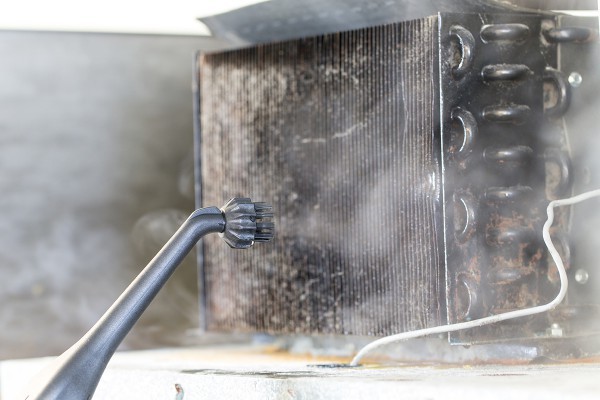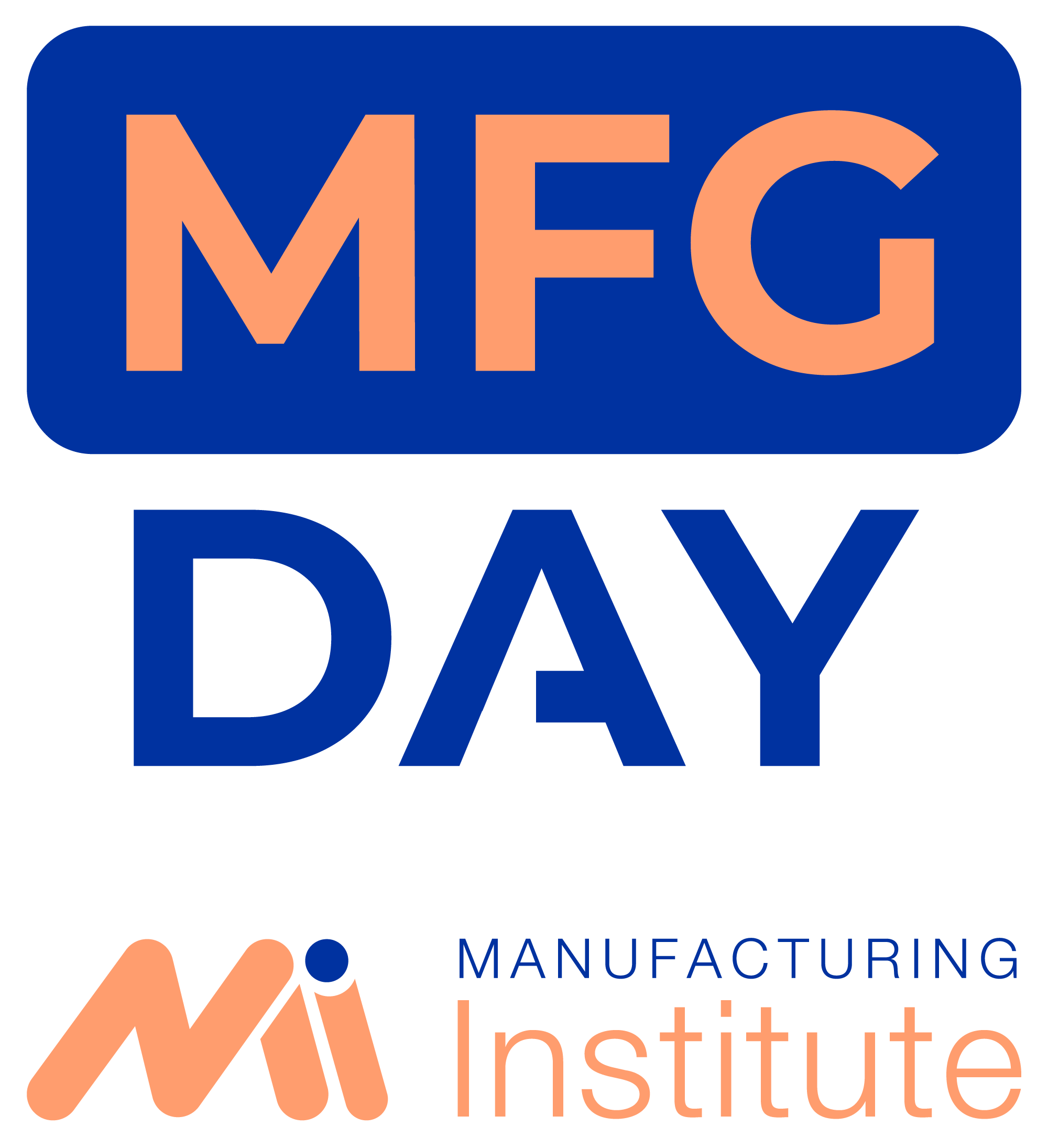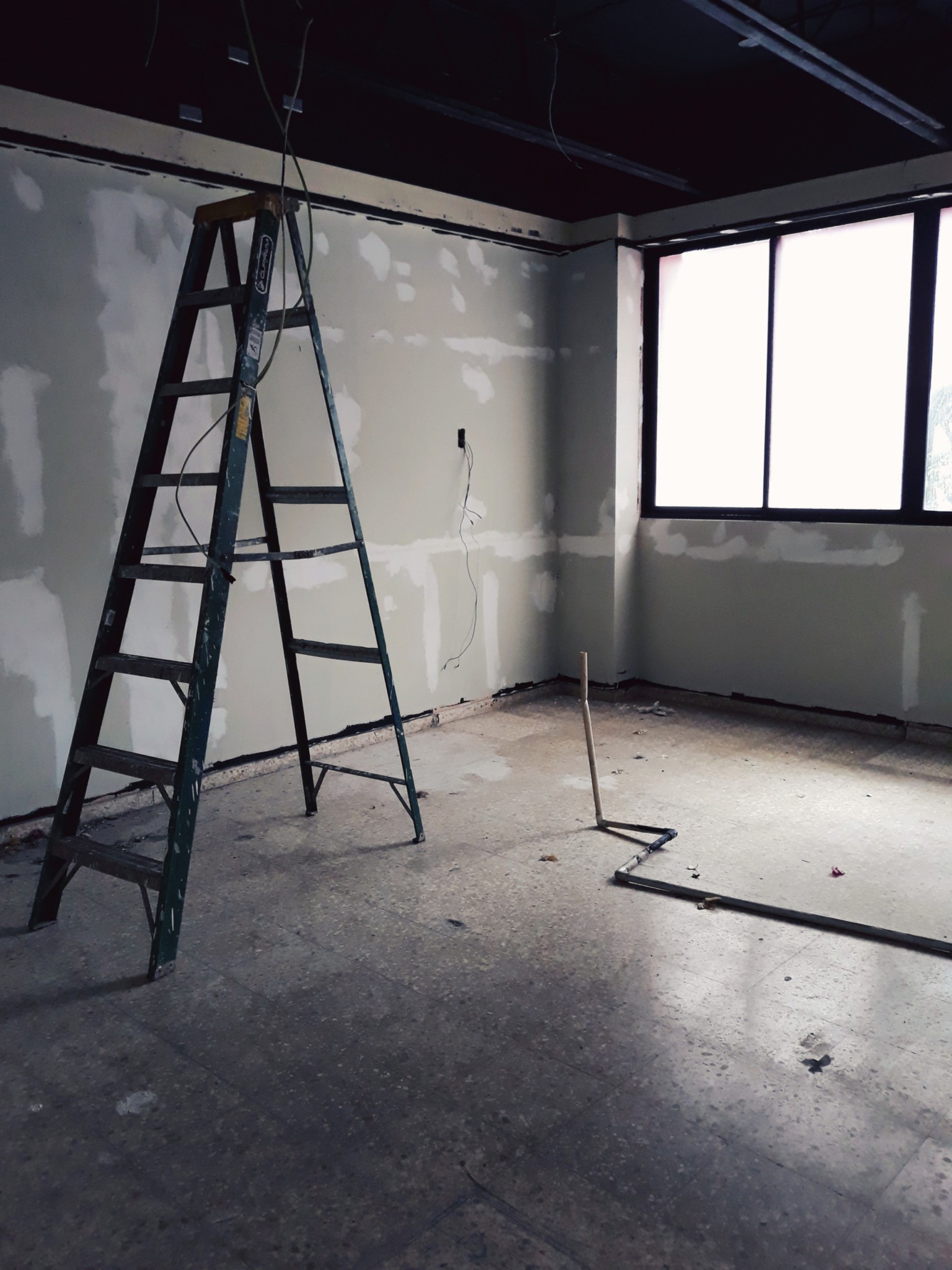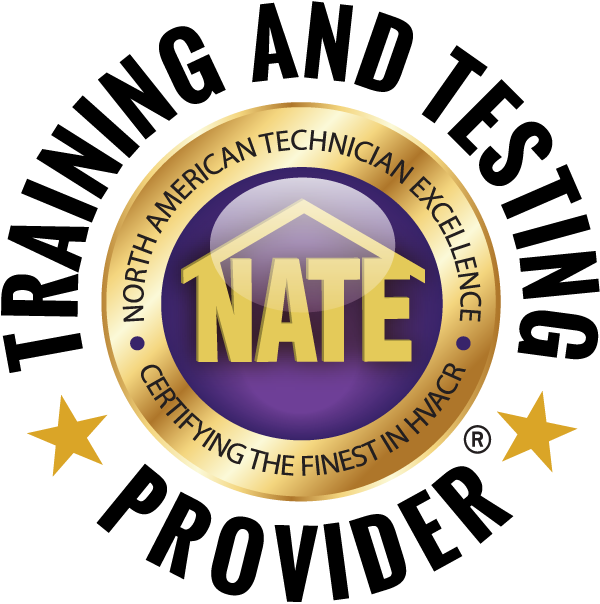Did you hear about Florida business owner Richard Namovich who lobbied the Department of Energy to send a researcher to observe the process and benefits of coil cleaning? He is obviously passionate about what he does, and he may go further with some of his claims than we would, but his work clearly illustrates that cleaning PTAC coils improves indoor air quality and saves huge amounts of energy.
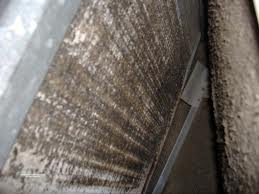
Dirty coils clog air flow, leading to higher energy costs and polluted air.
The DOE agreed with him, saying the improvements in air quality alone would make a drastic impact on the health and safety of occupants. They also seconded his claims of energy savings, adding that the “ROI is easily recognizable through electric bills.”
There’s no doubt. Dirty coils use up to 37% more energy, and a dirty system’s cooling capacity is reduced by as much as 30%. With the sustained focus we’ve seen on slashing energy use, coil cleaning may start receiving more of the attention it deserves. Hopefully, coils that should have been cleaned long ago will come on the market for cleaning.
A common response to coil cleaning is to pull out the pressure washer. But some coils require a little more finesse. For example, PTAC units in dorms, hotel rooms and apartments require lower water flow if they are to be cleaned indoors. A standard Practical Perfection site pressure washer would make a mess, not to mention the damage it could inflict on the unit.
Other coils are put in the weirdest places. You’ll find them on cell phone towers, and in attics, trucks and ships. Sometimes water and power are nowhere near – you need to bring everything with you.
These coils may require a slightly different technique, but they’re low-hanging fruit for HVAC professionals. Add a portable coil cleaner to your arsenal, and you can service these niche opportunities.
Our CoilJet, with built-in water and chemical tanks and a rechargeable battery is ideal for remote jobs – no more scrambling for water or power. Its 100 psi spray and 0.5 GPM flow won’t damage fins or overwhelm indoor PTAC units. And the CoilJet is great for projects closer to home, too. (https://fleshbot.com/) No more tripping over cords. No more hauling hundreds of feet of hose to reach a rooftop unit.
A self-contained unit saves you time, which means you can provide services at a lower cost – it’s win-win. Maybe it would work for you to add a technician to your payroll with a portable coil cleaner and send him to the hard-to-reach, remote jobs. Fast, affordable service for your customers, and additional revenue for you – sounds good to us. What do you think?

